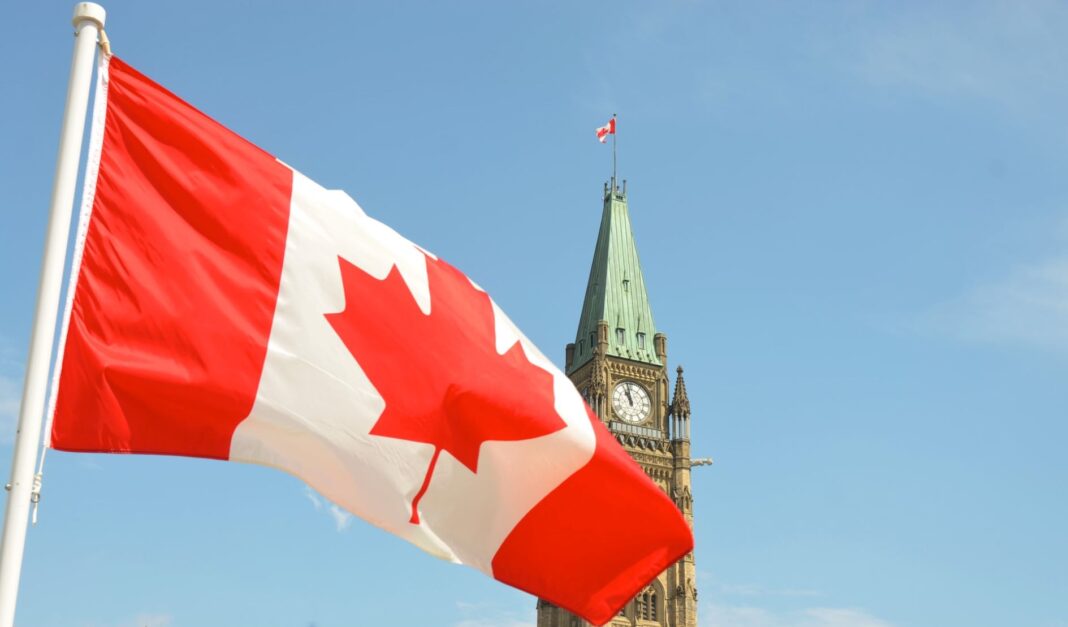UNITED STATES—Canada is one of the most popular countries worldwide due to its rich culture. The country welcomes people from all over the world, many of whom have decided to call it home. One of the reasons it’s a great place to live in is the wide range of regulations and laws. The situation with gambling legislation goes into all the details to put boundaries of different gaming activities. If you’re curious to learn more about the gaming laws in Canada, you’re in the right place. This article will cover the essential facts to keep in mind. Without further ado, let’s begin.
Status of Online Gambling in Canada
Online gambling in Canada is currently not legal. However, there are two points of view to consider. One is of those who want to run online casinos. The second is of those who enjoy betting and playing slots and table games. From the business perspective, running online casinos is illegal. Some provinces have a few exceptions, but these are mostly lottery sites run by the state. On the other hand, players can enjoy offshore online casinos. So if you’re on the lookout for 5 dollars casinos list, you should know that you can safely register and enjoy games available on those platforms. No specific Canadian law clearly prohibits playing at offshore online casinos.
However, there’s a small caveat. If you take a look at the province of Quebec, you’ll find that Kahnawake Commission regulates gambling activity on its territory. Even though it’s in Canada, the territory is technically offshore, allowing businesses to host online casinos. Therefore, Canadians can register on these online platforms and enjoy betting and gambling as an offshore entity.
What are the Most Punishable Offenses?
The law that regulates gambling in Canada on the Federal level is the Criminal Code of Canada. According to the code, people need to steer away from a couple of serious offenses that can lead to a serious financial penalty or even time in prison. These include infractions such as:
- Cheating at games of chance – The casino and the player mustn’t cheat while playing games of chance.
- No keeping of common betting/gambling house
- Illegal betting is strictly forbidden
These are only a few examples from the legislation, which detailly goes over all the prohibited activities. The sentences vary from fines going up to $5,000 to prison time from six months to five years.
Still, unlike in the US Unlawful Internet Gambling Enforcement Act of 2006, the Criminal Code of Canada doesn’t prohibit online gambling at offshore brands. Therefore, players can safely enjoy online gaming activities without worrying whether they’ll be prosecuted.
Winnings are Tax-Free
Canadian legal system sees gambling as a game of chance. In the eyes of the law, only work activities that bring stable income are taxable. Gambling in its nature carries many risks, and the government of Canada doesn’t perceive it as an activity that can bring a steady income. Therefore, players who win in local casinos and offshore establishments can enjoy their winnings tax-free. Canada is one of the rare countries without a tax on gambling winning.
Every Province Follows Specific Rules
Even though there are Federal laws in Canada that apply to the whole country, local provinces also have the freedom of enjoying their sets of regulations. Each Canadian territory has unique rules in the following ways:
- Casino gambling status – Every province regulates casino activities on its own. While they are legal in some parts, others forbid them.
- Sports and horse racing betting status – Sports and horse racing betting are regulated separately. Provinces are free to regulate them independently.
- Legal gambling age regulation – Every province has a different gambling age regulation. In some parts, it’s 18 or higher whereas in others it’s 19 or higher.
- Lottery regulation – Lottery is entirely legal in all provinces. Different corporations run them across Canada.
The state laws regulate the local casinos, lotteries, and betting venues. However, once you venture into the online world, nothing stops Canadian players from enjoying offshore online platforms. Given the broad range of payment methods accepted, they can use e-wallets, payment cards, and even cryptocurrency via PayPal to have fun online.
Conclusion
The current legal status of online gambling in Canada is yet to change. As more legislations come forward, it’s clear that online casinos and sports betting sites will start to appear. The future looks bright for the Canadian gambling market, given how more politicians are showing interest in regulating the market. Issuing licenses might bring profit to provinces, and it’s a great way to drive the local economy.






